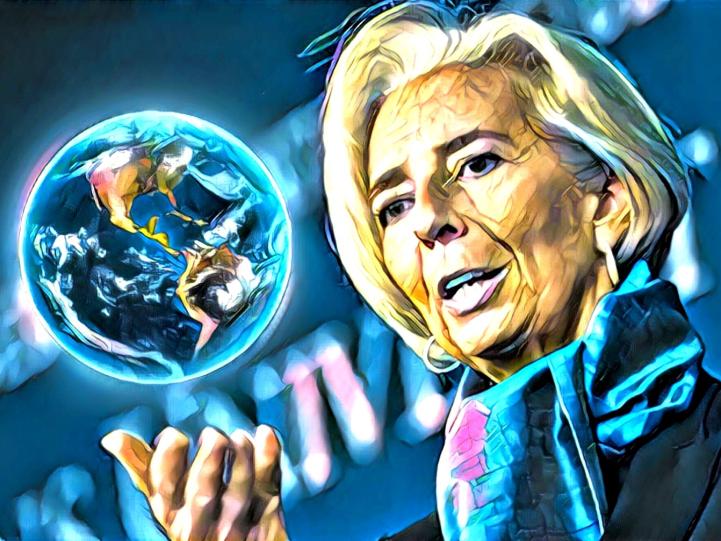The International Monetary Fund’s Managing Director, Christine Lagarde, has stated that there is indeed a lot of value in distributed technologies, telling CNBC that cryptocurrencies and digital assets are “shaking the system” and having an impact on the financial sector.
Lagarde, who has previously suggested that central banks consider digital currencies, went on to say that the digital assets space must be monitored to maintain stability – a process that several countries across the world are looking into it. Putting an emphasis on regulation, Lagarde said,
I think the role of the disruptors and anything that is using distributed ledger technology, whether you call it crypto, assets, currencies, or whatever…that is clearly shaking the system. We don’t want innovation that would shake the system so much that we would lose the stability that is needed.
Certainly, if cryptocurrency is to grow then certain measures will have to implemented to prevent consumers from being exposed to much risk, whether that be such incidents as that of QuadrigaCX, a hack like that of Cryptopia, or the volatility that market is still subject to.
Lagarde’s recent positive comments on the space is in keeping with a list of established entities who have begun to see the advantages of decentralized technologies.
The interest in the banking space, as far as cryptocurrencies and blockchain technology is concerned, has been growing rapidly in the past few years. In addition to JPMorgan Chase releasing its own token, JPM Coin, and IBM and Stellar working with banks to aid them in the release of stablecoins, the World Economic Forum (WEF) has also released a report that showed that over 40 central banks across the world are conducting extensive research and/or running pilot programs relating to the space, which an IMF report also concluded.

